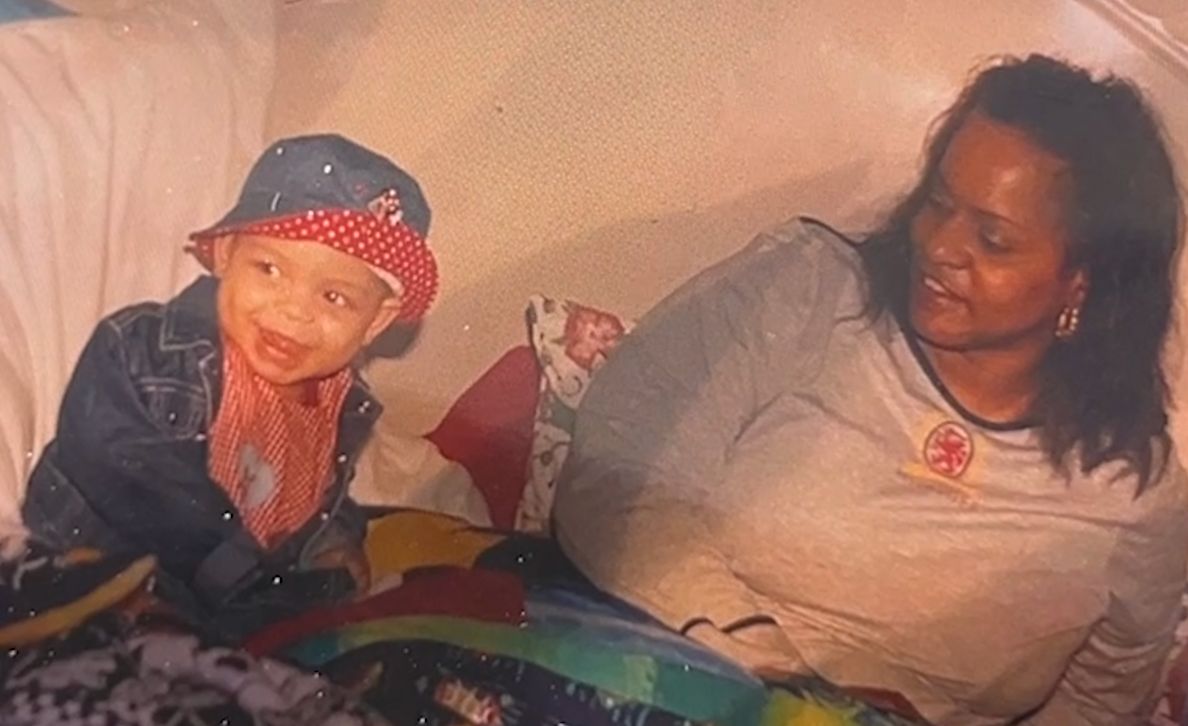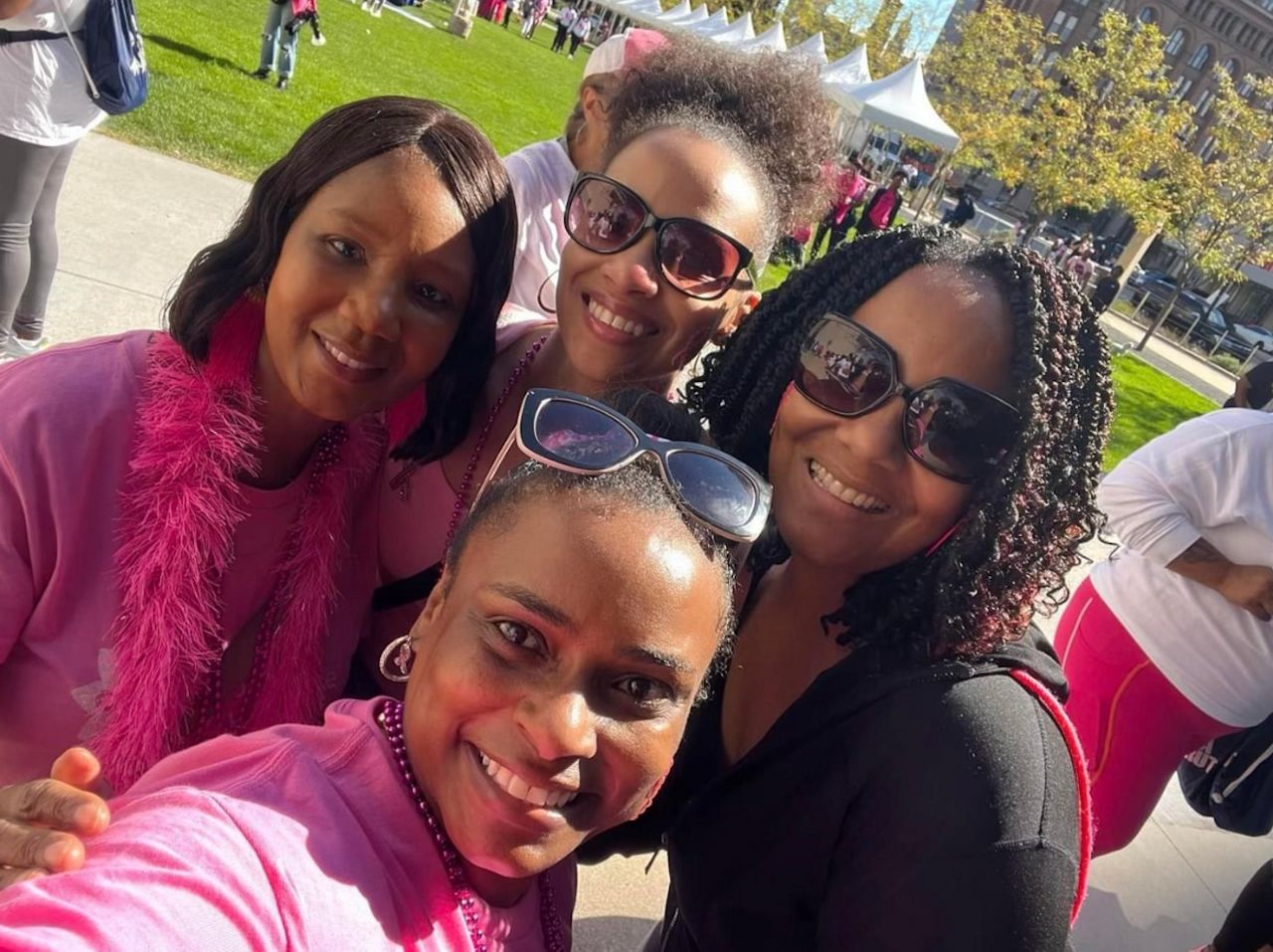MILWAUKEE — Shironda Goree is thankful her mother was able to meet her daughter, Shaniyah. She even has photographs of them together.
Goree’s mother passed away from inflammatory breast cancer just over 20 years ago.

“It was the most devastating thing I’ve ever been through in my life,” Goree said. “Very traumatic. I didn’t want to let her go.”
Starting in her mid-20s, Goree started to get yearly mammograms. When she was in her mid-30s, Her doctor cleared her to get one every five years.
The American Cancer Society encourages annual mammograms starting at age 40, unless you have a family history of breast cancer. Then the recommendation is to start at age 30. According to the American Cancer Society, one in eight women will be diagnosed with breast cancer in their lifetime.
“We all know COVID happened,” Goree said. “I missed a year of getting a mammogram. I was either 38 or 39. I had a coworker that just had a mammogram and it came back with some suspicious cells. I thought, ‘Oh I need to get mine.’”
Just a day after her scan, she received a call from her doctor wanting her to get further testing. After a biopsy, Goree was diagnosed with invasive ductal carcinoma.
“My team said, ‘We can go as fast as you want or go at whatever pace you want,’” Goree said. “I said, ‘Let’s rock and roll. Let’s get this over with.’ I said, ‘I have to be here for my daughter.’ I did not want her to go through what I went through.”
Her treatment included a double mastectomy, which led to several complications, “including necrotic skin, hematoma [and] infections.”
“I’ve had a total of 13 surgeries associated with my cancer. Alongside surgery, I’m on tamoxifen,” she said.
The American Cancer Society reports that having a relative — such as a mother, sister or daughter — with breast cancer can double a woman’s risk of also being diagnosed.
“My daughter, back when I had my diagnosis, we even talked about her having the double mastectomy at a certain age to try and prevent [her having breast cancer] if possible,” Goree said. “Of course, that’s her choice. Right now, they want her to start her mammograms at the age of 30.”
Goree visits with her oncologist every six months. She said she’s doing well. Her focus now is to spend time with her daughter.

She said she also volunteers with different breast cancer awareness groups.
“It brings so much joy to my heart to know that I’m helping other people understand the importance of being healthy, importance of making sure they are getting their proper screening, proper treatment and just to educate the community on the importance of health and cancer and giving back,” Goree said.



